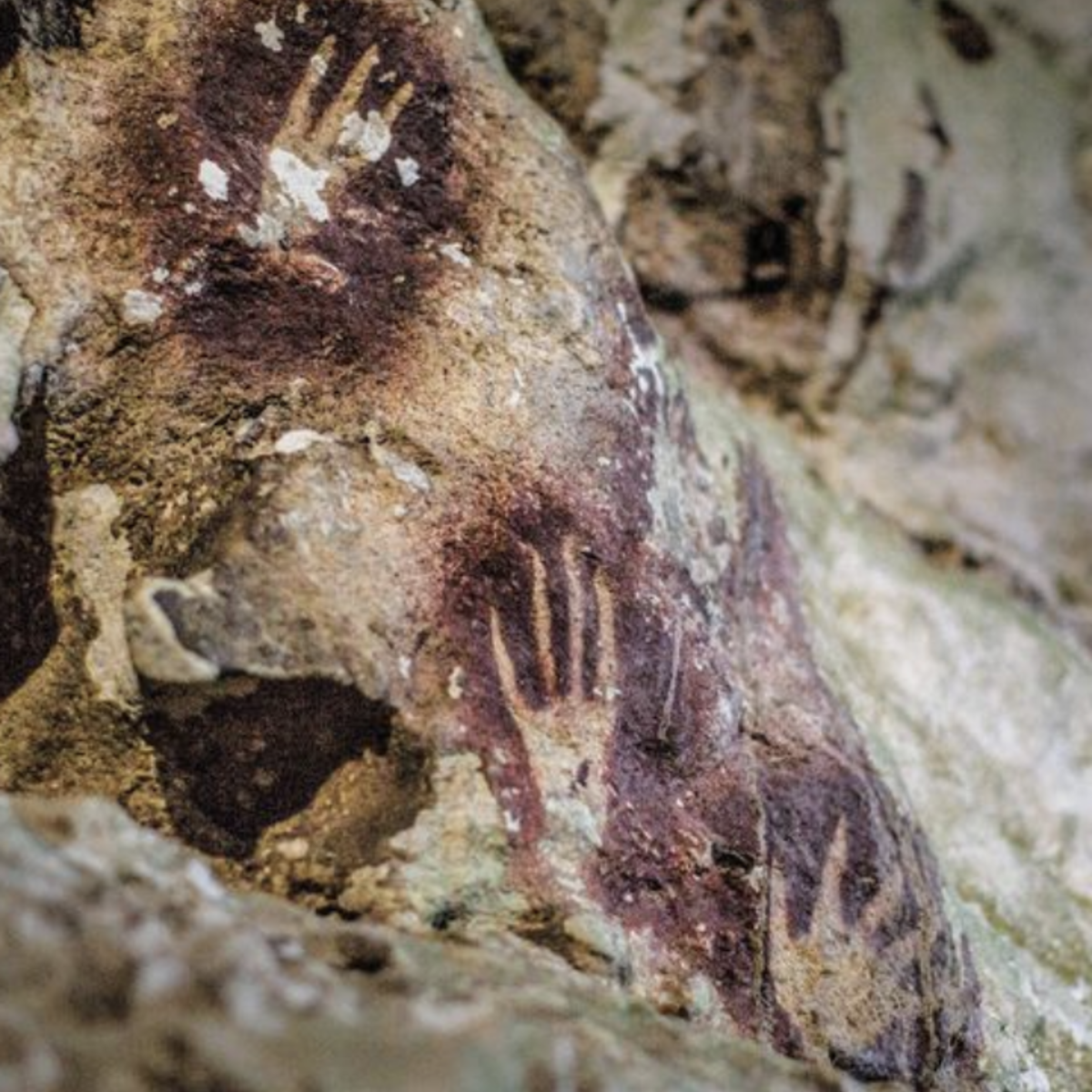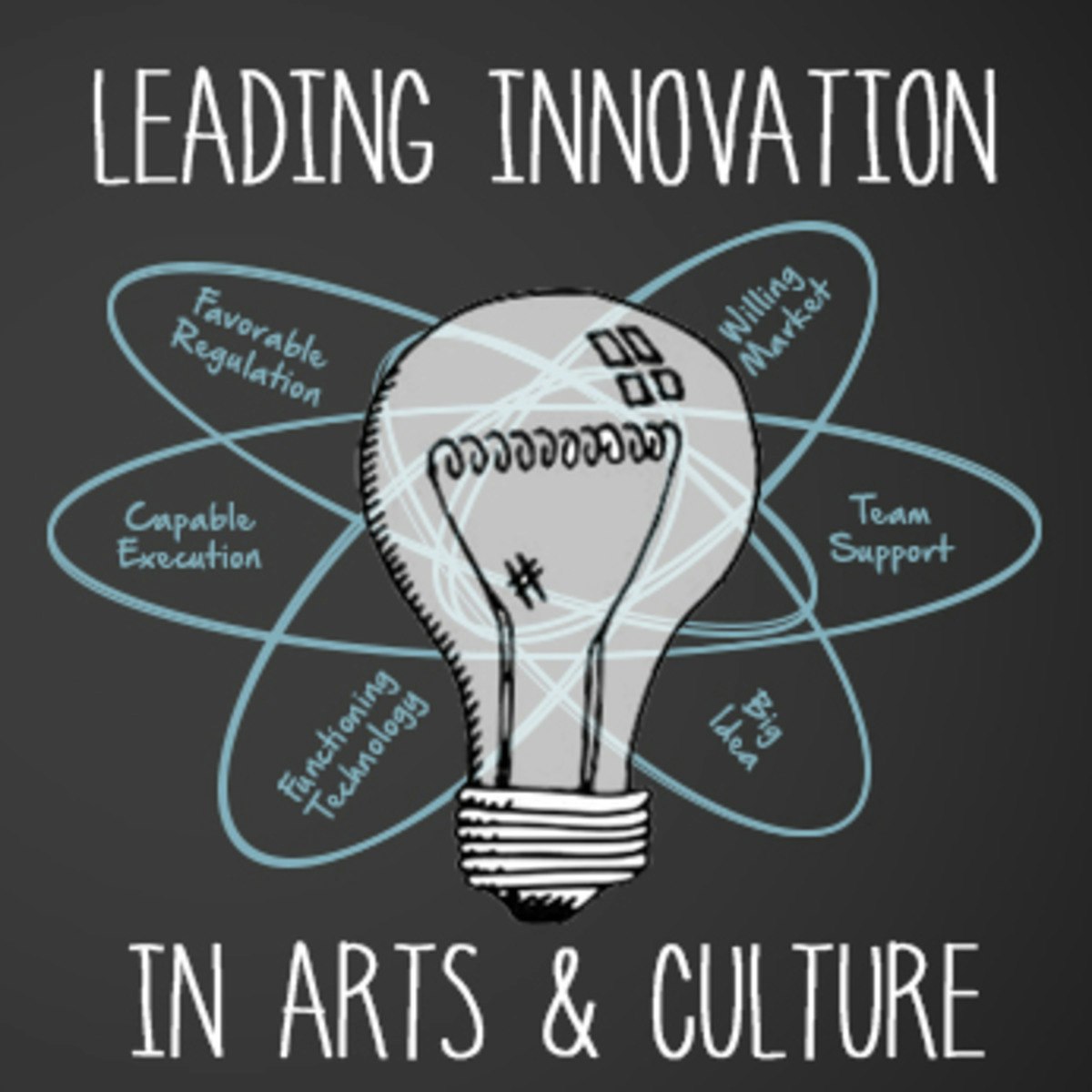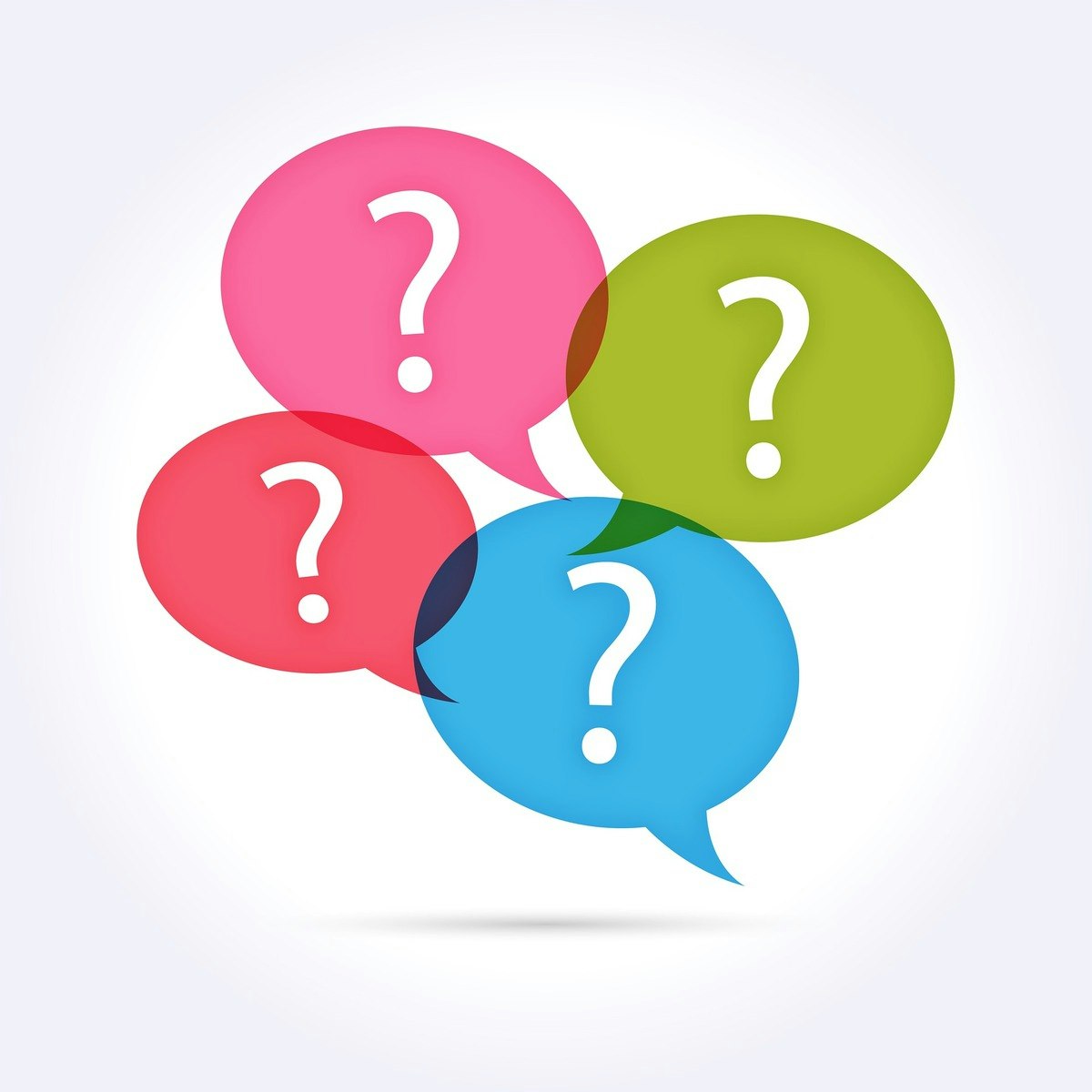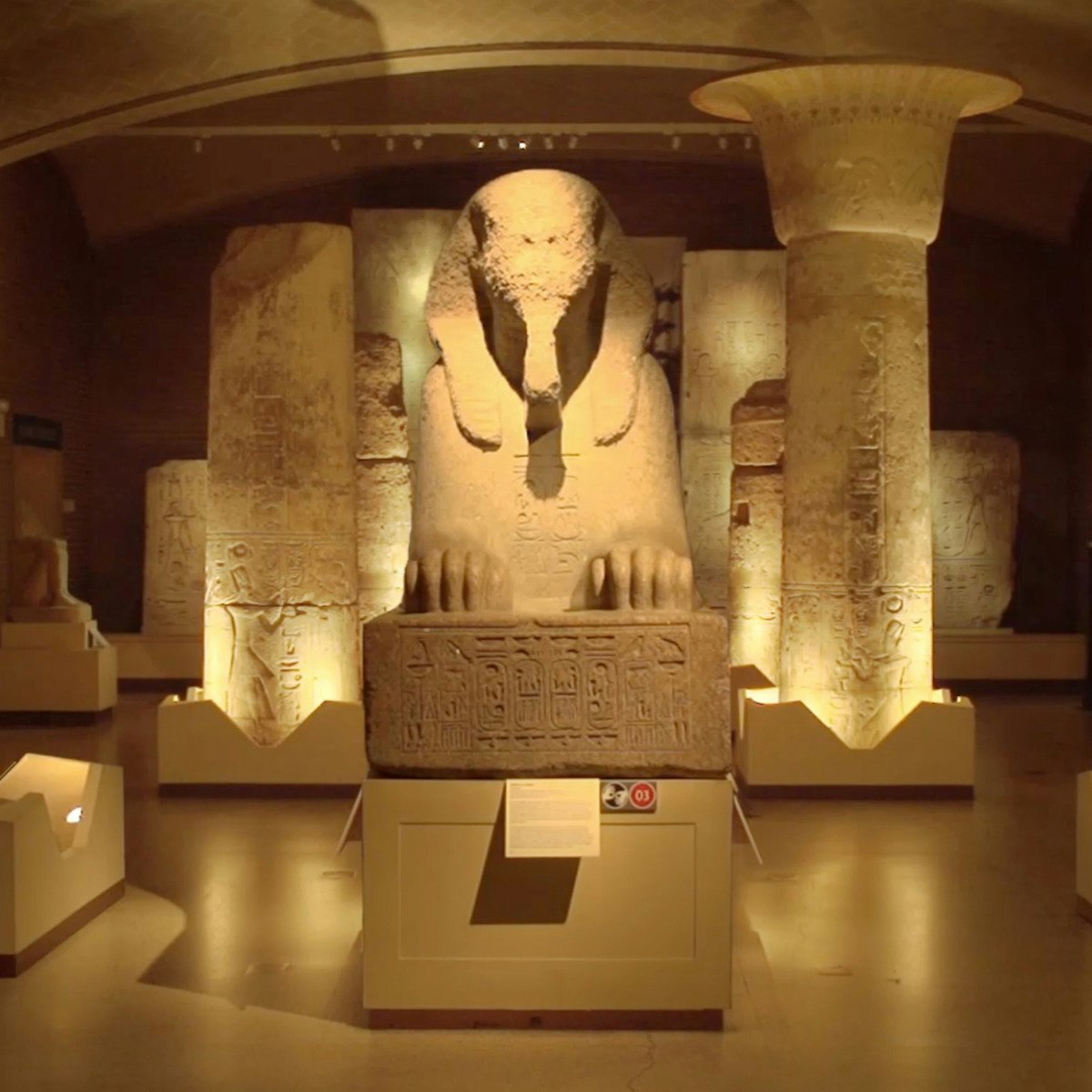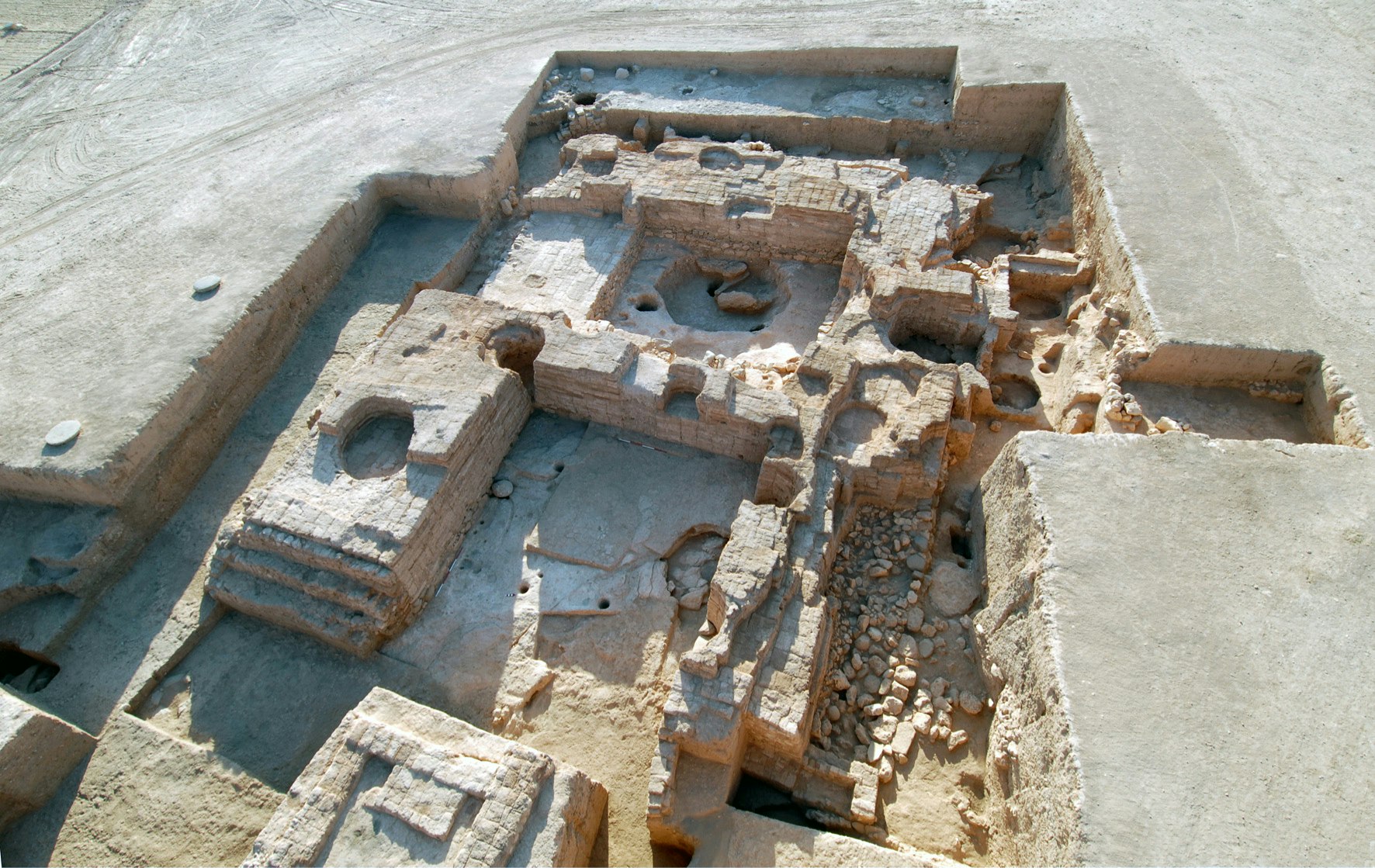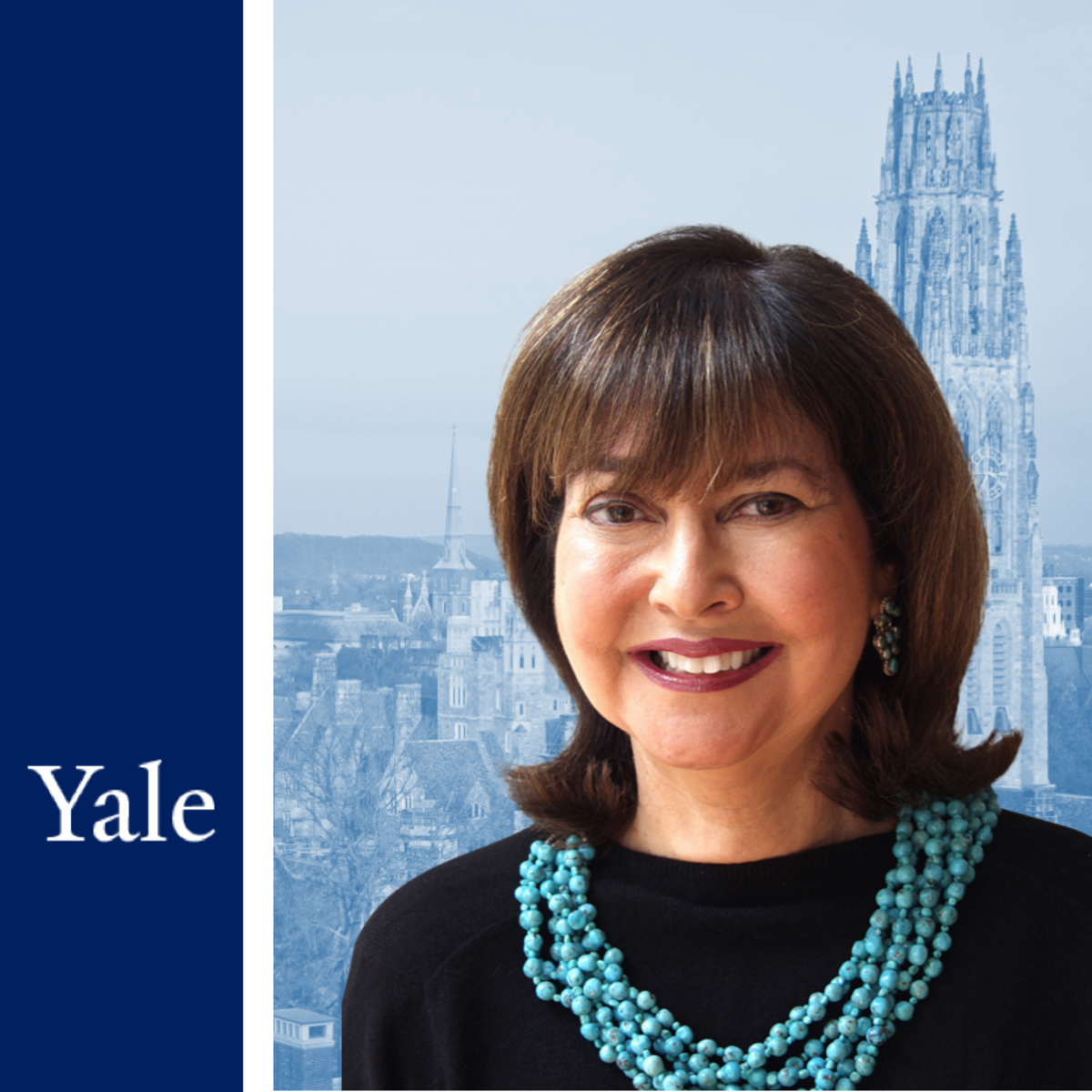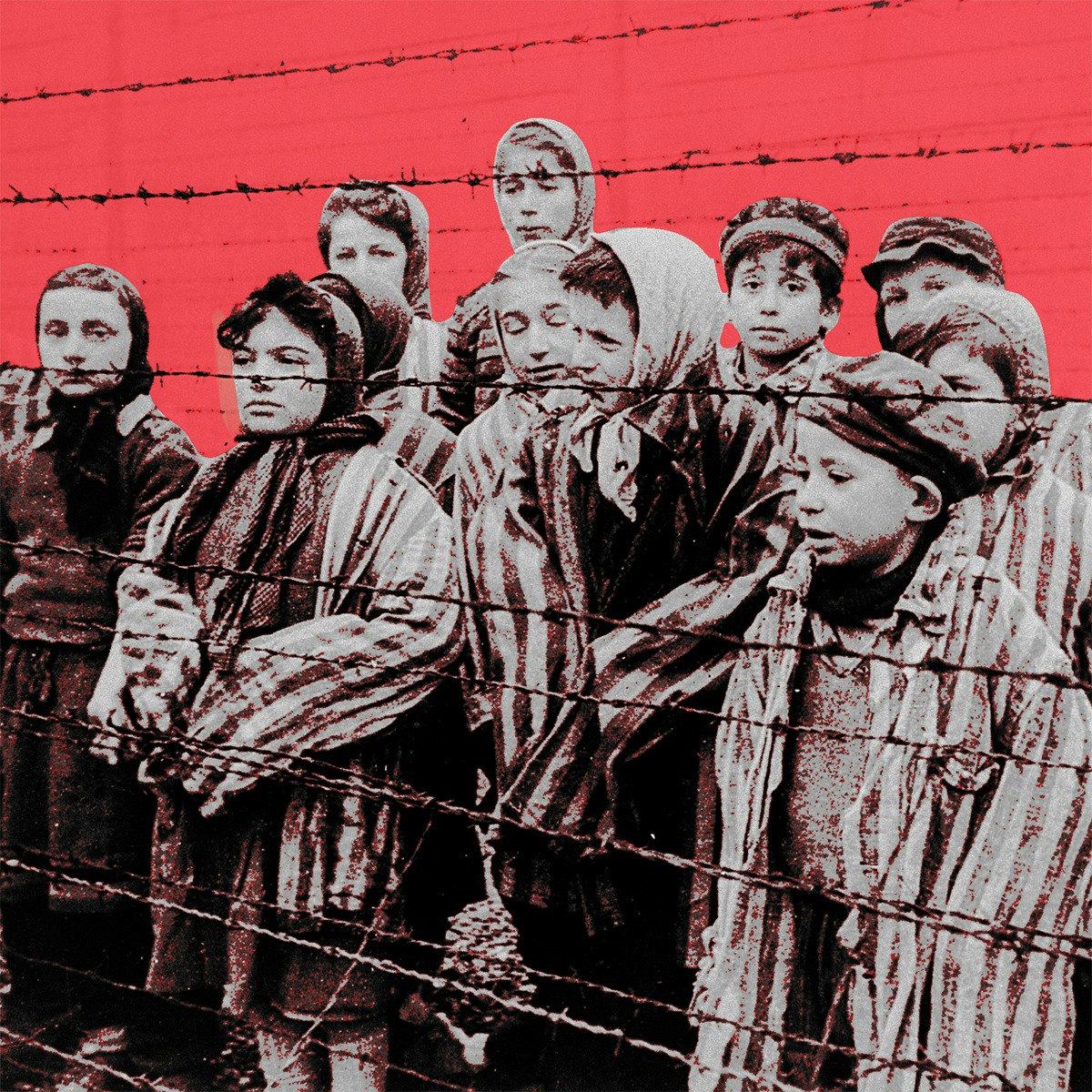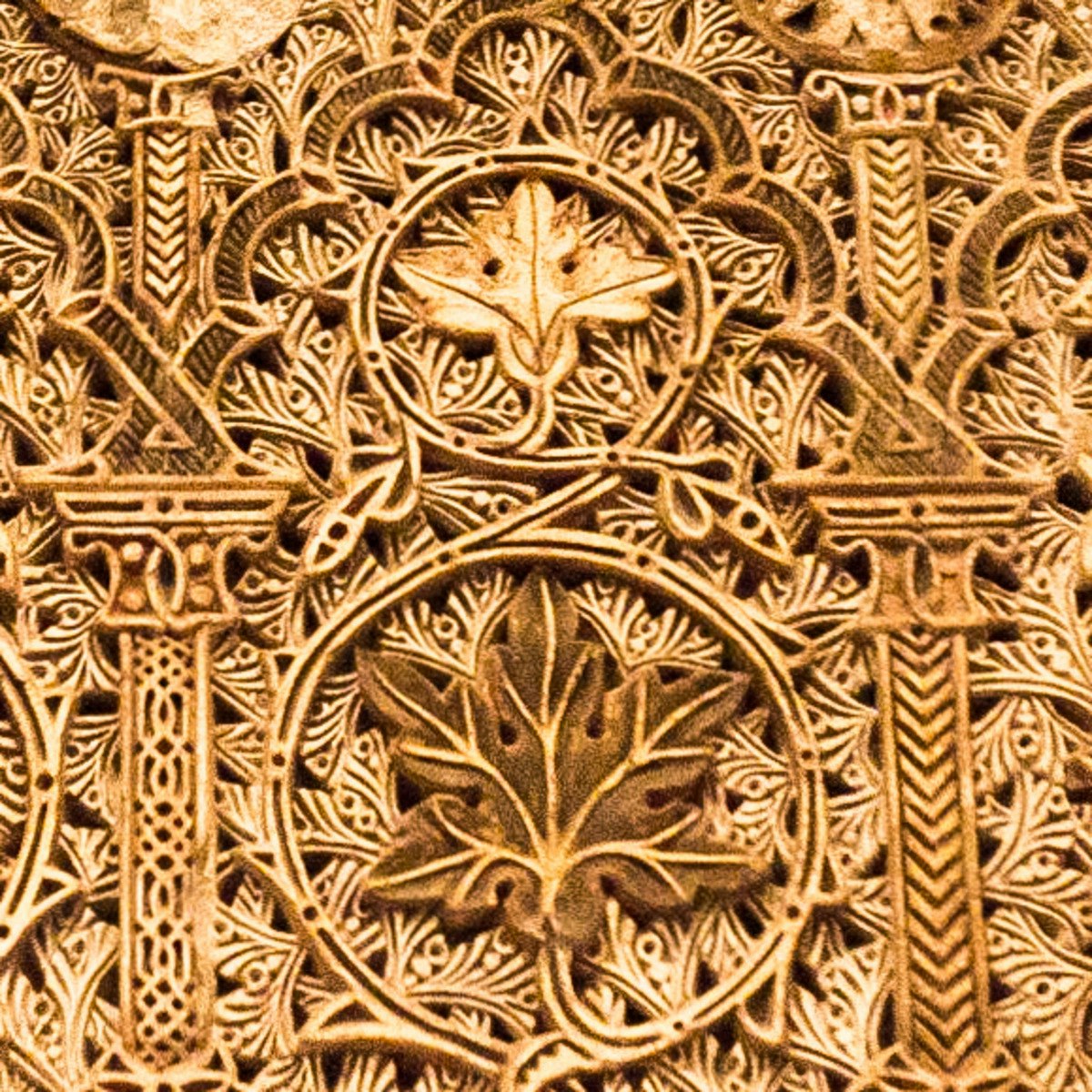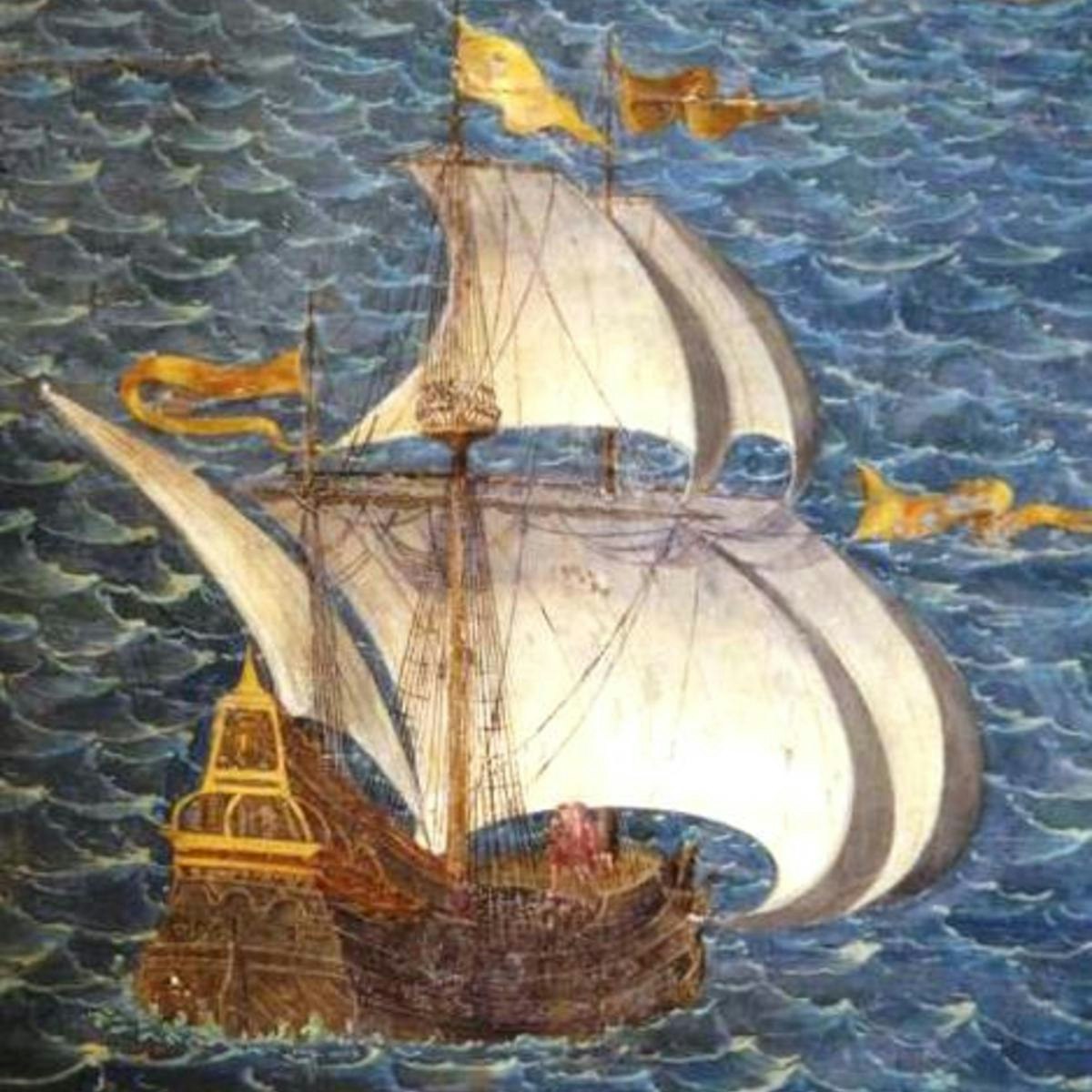Museum curator
Exploring a Career as a Museum Curator
A museum curator is a specialized professional responsible for overseeing collections of artifacts, artworks, or scientific specimens within museums, galleries, or other cultural institutions. They are the stewards of our shared heritage, tasked with acquiring, preserving, researching, interpreting, and presenting objects in ways that educate and engage the public. Think of them as the storytellers of history, art, and science, using objects to weave compelling narratives about the world around us.
Working as a curator often involves a fascinating blend of scholarly research, hands-on collection management, and creative exhibition development. You might spend one day meticulously cataloging ancient pottery shards and the next designing an interactive display that brings a historical event to life for schoolchildren. This role provides opportunities to delve deep into subjects you're passionate about, collaborate with experts from diverse fields, and share knowledge with a wide audience, making tangible connections between the past, present, and future.
What Does a Museum Curator Do?
The life of a museum curator is multifaceted, blending scholarly pursuits with practical management and public engagement. While specific duties vary depending on the size and type of institution, the core purpose remains consistent: to care for and interpret collections for the benefit of society.
Defining the Role and Its Purpose
At its heart, curatorship is about stewardship. Curators are entrusted with the acquisition, preservation, and documentation of objects deemed significant for cultural, historical, artistic, or scientific reasons. They act as guardians of these items, ensuring their long-term survival and accessibility for future generations. This involves making informed decisions about what to add to a collection, meticulously recording information about each object's provenance and condition, and implementing best practices for storage and care.
Beyond preservation, curators serve as interpreters. They conduct in-depth research on the objects in their care, uncovering their stories, contexts, and meanings. This knowledge forms the basis for exhibitions, publications, educational programs, and digital content designed to make the collections understandable and relevant to diverse audiences. The ultimate goal is to foster learning, reflection, and enjoyment, connecting people with the heritage these objects represent.
In essence, a curator bridges the gap between objects and people. They translate specialized knowledge into accessible narratives, spark curiosity, and encourage critical thinking about the past and its connection to the present. According to the International Council of Museums (ICOM), a museum is an institution "in the service of society that researches, collects, conserves, interprets and exhibits tangible and intangible heritage," fostering "diversity and sustainability" through ethical and professional practices that involve community participation and knowledge sharing, as highlighted in documents like the UNESCO Recommendation concerning the Protection and Promotion of Museums and Collections.
A Look Back: The Evolution of Curatorship
The role of the curator has evolved significantly over centuries. Early "curators" were often wealthy collectors or scholars managing private "cabinets of curiosities" – eclectic assortments of natural specimens, artifacts, and artworks. Their focus was primarily on acquisition and classification, often reflecting personal interests rather than a systematic approach or public mission.
The Enlightenment brought a shift towards more organized, public-facing institutions. Museums began to emerge as centers for research and education, and the curator's role expanded to include scholarly study and interpretation alongside collection care. The 19th and 20th centuries saw increased professionalization, with the development of specialized training programs and museum studies as an academic discipline. Focus shifted towards systematic documentation, conservation science, and more structured approaches to exhibition design.
Today, curators operate in an increasingly complex environment. They grapple with ethical considerations like repatriation, engage with digital technologies for collection management and outreach, and strive to create more inclusive and diverse narratives that reflect a wider range of perspectives. The modern curator is not just a subject specialist but also a communicator, project manager, fundraiser, and community liaison, adapting to the changing needs and expectations of society.
Where Curators Work
Museum curators are employed across a wide spectrum of institutions, each offering unique opportunities and challenges. Large national or international museums often employ teams of curators, each specializing in specific fields like Egyptian archaeology, modern art, or entomology. Here, curators might focus intensely on research, publication, and managing significant collections.
Regional and local museums, historical societies, and specialized galleries (e.g., science centers, children's museums) also employ curators. In smaller institutions, a curator might wear many hats, overseeing the entire collection, managing exhibitions, developing educational programs, and even handling administrative tasks and fundraising. This can offer a broader range of experience, particularly early in one's career.
Beyond traditional museums, curators can find roles in universities (managing academic collections), government agencies (preserving historical records or managing heritage sites), corporations (maintaining corporate archives or art collections), and even private collections. Increasingly, freelance or consulting opportunities exist for experienced curators specializing in exhibition development, collection assessment, or digital projects.
Core Responsibilities: A Glimpse
While the specifics vary, most museum curators share a core set of responsibilities. They are deeply involved in collection management, which includes identifying and acquiring new objects (through purchase, donation, or fieldwork), cataloging them meticulously using museum databases, conducting research on their history and significance, and ensuring their proper care and storage in collaboration with conservators.
Exhibition development is another key function. Curators conceptualize exhibition themes, select objects, write interpretive texts (labels, panels, catalog essays), and collaborate with designers, educators, and fabricators to create engaging and informative displays. This involves balancing scholarly accuracy with public accessibility and storytelling.
Research and scholarship are integral to the role. Curators are often expected to be leading experts in their field, conducting original research based on the collections, publishing articles or books, and presenting at academic conferences. This research informs acquisitions, exhibitions, and public programming.
Finally, curators engage in public outreach and education. This can involve giving lectures or gallery talks, developing educational materials, answering public inquiries, working with community groups, and contributing content for websites or social media to broaden access and understanding of the collections.
Roles and Responsibilities of a Museum Curator
The day-to-day work of a museum curator is dynamic and demanding, requiring a unique blend of scholarly expertise, practical skills, and interpersonal abilities. They are the intellectual drivers behind a museum's collection and exhibitions.
Acquisition, Preservation, and Documentation
A primary duty is building and maintaining the museum's collection. This involves identifying potential acquisitions that align with the institution's mission and collection policy. Curators research the provenance (history of ownership), authenticity, and significance of objects, often negotiating purchases, donations, or loans. They work closely with registrars and collections managers to ensure items are properly accessioned (formally accepted into the collection) and cataloged, often using specialized database management systems.
Preservation is paramount. Curators collaborate with conservators to assess the condition of objects and determine appropriate storage, handling, and display methods to prevent deterioration. This includes managing environmental controls (temperature, humidity, light levels) in storage and exhibition areas. Accurate and detailed documentation, including object records, research notes, and condition reports, is crucial for responsible long-term care and future research.
These foundational courses provide insight into managing and organizing information, which are core skills for documenting collections.
Exhibition Design and Interpretation
Curators are the creative and intellectual force behind exhibitions. They develop the central theme or narrative, select objects that tell the story effectively, and conduct research to provide context and meaning. Interpretation involves crafting engaging and accessible text for labels, wall panels, catalogs, and digital platforms, translating complex ideas for a broad audience.
The design process is highly collaborative. Curators work with exhibition designers to plan the layout, flow, and visual presentation of the space. They coordinate with educators to develop related programming and with marketing teams to promote the exhibition. Increasingly, curators incorporate multimedia elements, interactive displays, and digital technologies to enhance visitor engagement and provide layered information.
Understanding design principles and visual communication is helpful for creating compelling exhibitions.
Understanding narrative and performance can also inform exhibition storytelling.
Collaboration is Key
Curatorship is rarely a solitary pursuit. Curators constantly collaborate with a wide range of internal and external partners. Within the museum, they work closely with conservators on object care, educators on programming, designers on exhibitions, registrars on loans and documentation, and development staff on fundraising and grant writing.
Externally, curators build relationships with donors and collectors to facilitate acquisitions, scholars and researchers for collaborative projects, artists (in contemporary art settings), community groups for outreach initiatives, and colleagues at other institutions for loans and shared expertise. Strong communication, negotiation, and teamwork skills are essential for navigating these diverse relationships effectively.
These courses focus on collaboration and managing relationships within institutional settings.
Public Engagement and Educational Programming
Connecting the collection with the public is a vital part of a curator's role. They strive to make museum resources accessible and meaningful to diverse audiences. This involves developing and delivering public programs such as lectures, gallery talks, workshops, and guided tours.
Curators often collaborate with the museum's education department to create learning materials for school groups and families, ensuring that exhibitions and programs align with educational goals. They might also respond to inquiries from the public and researchers seeking information about the collection.
Developing digital content, such as blog posts, online exhibitions, and social media contributions, is increasingly important for reaching broader audiences beyond the museum's physical walls. Effective science communication skills can be particularly valuable, especially in science or natural history museums.
Research and Publication
Curators are typically expected to be active scholars in their field of expertise. They conduct original research related to the museum's collection, contributing new knowledge and perspectives. This research underpins acquisitions, interpretations, and exhibitions.
Disseminating research findings is crucial. Curators often publish their work in scholarly journals, exhibition catalogs, books, and museum publications. They may also present papers at academic conferences and professional meetings, sharing their expertise and engaging with the broader scholarly community.
For curators in academic or large research-oriented institutions, a strong publication record is often essential for career advancement. Maintaining professional competence and staying abreast of current research trends in their specialized area is an ongoing responsibility.
These courses cover fundamental research and writing skills applicable across disciplines.
These books offer perspectives on museum practices and research.
Formal Education Pathways
Entering the field of museum curatorship typically requires significant academic preparation. While passion and practical experience are vital, a strong educational foundation is usually the first step.
Undergraduate Foundations
A bachelor's degree is generally the minimum requirement to begin a career path towards curatorship. While there isn't one single prescribed major, degrees in fields directly related to museum collections are highly advantageous. Common choices include Art History, History, Archaeology, Anthropology, Classics, or Natural Sciences (for natural history museums).
Degrees in Fine Arts can be relevant for contemporary art curation. Other humanities and social science degrees, such as English Literature, Cultural Studies, or even languages, can also provide a solid foundation, particularly if paired with relevant coursework or experience related to material culture, history, or art.
Regardless of the major, coursework emphasizing research, writing, critical analysis, and historical context is beneficial. Gaining broad cultural and historical knowledge is key during these formative years. Many aspiring curators use their undergraduate years to explore different subject areas and identify their specific field of interest.
These courses offer introductions to relevant undergraduate fields.
Graduate Studies: The Common Path
For most curatorial positions, particularly in larger or specialized institutions, a graduate degree is essential. A Master's degree (MA, MFA, or MS) is often the standard requirement. There are two main routes: a Master's degree in a specific academic discipline (like Art History, Anthropology, History, Biology) or a Master's degree in Museum Studies or Curatorial Practice.
A disciplinary Master's deepens subject matter expertise, crucial for research and interpretation within a specific field. A Museum Studies degree provides practical training in museum operations, including collections management, exhibition development, education, conservation principles, and museum ethics. Some programs offer specializations within Museum Studies, such as curatorship, digital curation, or collections care.
For highly specialized roles or positions emphasizing research and publication, particularly in large national museums or university museums, a Doctor of Philosophy (PhD) in the relevant academic discipline may be required or strongly preferred. A PhD signifies deep scholarly expertise and research capabilities.
These courses delve into specialized historical and cultural topics often covered in graduate studies.
This book provides a deep dive into a specific historical text, akin to graduate-level research.
The Importance of Internships and Fellowships
Practical experience is non-negotiable in the competitive museum field. Internships, volunteer positions, and fellowships provide invaluable hands-on training and networking opportunities. These experiences allow aspiring curators to apply academic knowledge in a real-world setting, learn practical skills, understand museum workflows, and build connections with professionals.
Internships can be found in various museum departments, including curatorial, collections management, registration, education, and conservation. Gaining experience across different areas provides a broader understanding of museum operations. Many graduate programs incorporate internships as a required component of the curriculum.
Fellowships, often post-graduate, offer more intensive, project-based experiences, sometimes focusing on research or exhibition development. Competition for paid internships and fellowships can be intense, so starting early, gaining diverse volunteer experience, and networking are crucial. Even part-time jobs or volunteer roles in smaller local museums can provide significant experience and demonstrate commitment to the field.
Certifications and Specialized Training
While formal degrees are primary, specialized certifications can sometimes enhance a curator's profile, though they are generally not mandatory entry requirements. Certifications might exist in specific areas like collections management software, digital preservation, or archival management, depending on the curator's focus.
Professional organizations often offer workshops, webinars, and continuing education opportunities that allow curators to stay current with best practices, new technologies, and emerging ethical standards in the field. Topics might include grant writing, digital curation techniques, or specific conservation awareness training.
Ongoing professional development is essential throughout a curator's career to maintain expertise and adapt to the evolving museum landscape. Engaging with organizations like the American Alliance of Museums (AAM) or the Association of Art Museum Curators (AAMC) provides access to resources and training.
Online Learning and Skill Development
While traditional academic pathways dominate the curatorial field, online learning offers valuable opportunities for skill development, foundational knowledge building, and supplementing formal education. It can be particularly useful for those exploring the career, seeking to enhance specific skills, or approaching the field from a non-traditional background.
Can You Learn Curatorial Skills Online?
Core curatorial competencies, especially deep subject matter expertise and hands-on object handling, are difficult to fully replicate online. However, many related skills and foundational knowledge areas are well-suited to online learning platforms like OpenCourser. Online courses can provide introductions to art history, world history, archaeology, anthropology, and specific cultural periods.
Practical skills relevant to curatorship can also be developed online. Courses in research methodologies, academic writing, project management, digital literacy, database management, grant writing, and even introductory conservation principles are readily available. These can supplement formal education or help career pivoters build relevant competencies.
For those considering a career change, online courses can be an accessible way to test the waters, explore different subject areas, and acquire foundational knowledge before committing to a full degree program. They offer flexibility and can often be pursued alongside current employment.
Key Topics for Online Study
Aspiring curators can benefit from online courses covering a range of relevant topics. Foundational knowledge in Art History, World History, Archaeology, and Anthropology provides essential context.
More specialized topics relevant to modern curatorship include digital humanities, digital archiving, and metadata standards for collections management. Understanding cultural heritage management, museum ethics, and principles of art conservation are also crucial.
Skills-based courses in research methods, academic writing, project management, communication, and digital tools (like database software or even basic web design for online exhibits) can enhance practical capabilities.
These courses cover digital humanities, research, and cultural heritage, all relevant areas for online study.
Building a Portfolio with Virtual Projects
While hands-on experience with physical objects is ideal, online learners can still build a portfolio demonstrating curatorial skills through virtual projects. This could involve creating a concept for an online exhibition, using digital collection databases (many museums offer online access) to research and write interpretive text about specific objects.
Learners could develop a mock acquisition proposal for a specific type of object, complete with research on its significance and provenance. Creating a detailed catalog entry for a digitized artifact, including metadata and condition assessment based on images, is another possibility. Blogging about museum visits, analyzing exhibitions, or writing reviews can also showcase critical thinking and writing skills.
Platforms like OpenCourser's list management can be used to curate collections of relevant online courses, books, and articles, demonstrating organizational skills and subject interest. These virtual projects, when presented thoughtfully, can demonstrate initiative, research skills, and an understanding of curatorial concepts to potential internship supervisors or graduate admissions committees.
Supplementing Education with Online Resources
Online courses are excellent tools for supplementing formal education or bridging knowledge gaps. A student pursuing an Art History degree might take an online course in database management or digital archiving to gain practical skills employers seek. Someone with a strong history background might use online courses to learn about museum education principles or exhibition design basics.
For professionals already working in related fields (like archives or libraries) and considering a pivot to curation, online courses can provide targeted learning in museum-specific areas like collections care standards or curatorial ethics. OpenCourser's Learner's Guide offers tips on how professionals can integrate online learning into their career development.
Lifelong learning is crucial in the museum field. Online platforms provide accessible ways for practicing curators to stay updated on new research methodologies, emerging technologies like 3D scanning for artifact documentation, or evolving discussions around diversity, equity, and inclusion in museum practice.
These courses cover diverse topics that can supplement a curator's knowledge base.
Career Progression for Museum Curators
The path to becoming a senior museum curator typically involves a combination of advanced education, specialized expertise, and significant practical experience. It's often a gradual progression through various roles within the museum structure.
Starting Out: Entry-Level Roles
Direct entry into a full curator role immediately after graduation is rare due to the competitive nature of the field and the experience required. Most individuals start in assistant or support positions. Common entry-level roles include Curatorial Assistant, Research Assistant, Collections Assistant, or Museum Technician/Registrar.
These roles provide essential hands-on experience with collections management, research support, exhibition logistics, and general museum operations. Duties might involve cataloging objects, assisting with research, preparing objects for display or storage, handling loan paperwork, and responding to basic inquiries. These positions allow newcomers to learn the practical aspects of museum work under the guidance of experienced staff.
Volunteering or completing internships during or after academic studies is often a prerequisite for securing even these entry-level paid positions. Building a network and demonstrating a strong work ethic during these experiences is critical.
Consider exploring related roles to gain entry into the museum world.
Moving Up: Mid-Career Advancement
After gaining several years of experience and demonstrating expertise, individuals may advance to roles like Assistant Curator or Associate Curator. At this level, responsibilities increase, often involving more independent research, direct involvement in exhibition development, managing specific sections of a collection, and potentially supervising interns or volunteers.
Associate Curators typically have a more defined area of specialization and contribute more significantly to the museum's scholarly output through publications and presentations. They play a key role in shaping exhibitions and interpreting collections for the public.
Advancement often depends on factors like performance, acquiring deeper subject matter expertise, developing a publication record, successful project management (e.g., leading an exhibition), and sometimes pursuing further education (like a PhD). Moving between institutions may also be necessary to find opportunities for promotion.
Reaching the Top: Leadership Positions
With extensive experience, a strong reputation in their field, and demonstrated leadership capabilities, curators can advance to senior roles. These include Senior Curator, Chief Curator, or Head of a Curatorial Department. In these positions, individuals oversee entire collections or curatorial divisions, set research and exhibition strategies, manage budgets, and supervise other curatorial staff.
Chief Curators play a significant role in the museum's overall direction, working closely with the museum director and other senior leadership. At the highest level, an experienced curator might become the Museum Director, responsible for the overall management and strategic vision of the entire institution. These leadership roles require strong administrative, financial management, fundraising, and interpersonal skills in addition to curatorial expertise.
Explore leadership roles within and related to museums.
Beyond the Museum: Academia and Consulting
The skills and expertise developed as a curator are transferable to other fields. Some curators, particularly those with PhDs and strong research profiles, transition into academia as professors of Art History, History, Anthropology, or Museum Studies. They bring valuable practical experience to their teaching and research.
Experienced curators may also move into consulting roles, offering their expertise to museums, galleries, historical societies, private collectors, or cultural heritage organizations on a project basis. This could involve advising on collection development, curating freelance exhibitions, conducting object appraisals, or developing interpretive strategies.
Other related fields include working for funding agencies that support museums, roles in cultural heritage policy, or positions in archives and libraries with specialized collections.
Challenges and Ethical Considerations
Working as a museum curator involves navigating a complex landscape of challenges and ethical dilemmas inherent in collecting, preserving, and interpreting cultural heritage. These issues require careful consideration, sensitivity, and a commitment to professional standards.
Repatriation and Cultural Sensitivity
One of the most significant ethical challenges facing museums today is the issue of repatriation – the return of cultural objects to their countries or communities of origin. Many objects in Western museum collections were acquired during colonial periods under questionable circumstances. Curators must research the provenance of objects thoroughly and engage in dialogues with source communities regarding claims for return.
Beyond repatriation, curators must strive for cultural sensitivity in how they interpret and display objects, particularly those from marginalized or historically oppressed groups. This involves collaborating with community members, incorporating diverse perspectives, acknowledging difficult histories, and avoiding stereotypical or biased representations. It requires ongoing learning and a commitment to decolonizing museum practices.
Understanding diverse cultures and historical contexts is crucial.
Budget Constraints and Funding Challenges
Museums, particularly public institutions, often operate under significant financial constraints. Curators frequently face challenges securing funding for acquisitions, conservation treatments, exhibitions, and research projects. This requires skills in budgeting, financial management, and fundraising.
Curators must often write compelling grant proposals, cultivate relationships with donors, and justify expenditures to administrative boards or funding agencies. Limited budgets can impact the scope of projects, the ability to acquire important objects, and the resources available for collection care. Prioritizing needs and finding creative solutions within financial limitations is a constant aspect of the job.
Understanding business and financial aspects can be beneficial.
Balancing Preservation and Access
Curators face an inherent tension between preserving objects for the long term and making them accessible to the public. Displaying objects, especially fragile ones, exposes them to potential damage from light, handling, and environmental fluctuations. However, keeping objects locked away in storage denies the public the opportunity to learn from and engage with them.
Curators must make careful decisions, often in consultation with conservators, about which objects can be safely displayed, for how long, and under what conditions. They explore alternative methods of access, such as high-quality digital surrogates, replicas, or limited viewing periods for sensitive items. This balancing act requires weighing the risks of deterioration against the museum's mission of public education and engagement.
These courses touch upon conservation and digital access.
Climate Control and Conservation Ethics
Maintaining stable environmental conditions (temperature, relative humidity, light levels) is crucial for preserving museum collections. Curators work with facilities managers and conservators to monitor and manage these conditions in storage and exhibition areas. However, climate control systems consume significant energy, raising environmental concerns and contributing to operational costs.
There is an ongoing ethical debate within the museum field about balancing stringent conservation standards with environmental sustainability. Curators and conservators are exploring more sustainable practices, such as adjusting environmental setpoints where possible, using energy-efficient lighting, and incorporating green building principles, while still ensuring the long-term safety of the collections. This involves risk assessment and a deep understanding of material science.
Museums are increasingly focused on sustainability, impacting curatorial decisions.
record:19
Industry Trends Shaping Museum Curatorship
The field of museum curatorship is not static; it is constantly evolving in response to technological advancements, societal shifts, and changing audience expectations. Staying abreast of these trends is crucial for contemporary curators.
Digital Curation and Virtual Experiences
Digital technology is profoundly impacting how curators work and how audiences engage with collections. Digital curation involves managing born-digital objects and creating digital surrogates of physical artifacts. This includes digitization projects, metadata creation, digital preservation strategies, and developing online collections databases accessible to a global audience.
Virtual exhibitions, augmented reality (AR), virtual reality (VR), and interactive displays are becoming increasingly common tools for interpretation and engagement. Curators are exploring how these technologies can create immersive experiences, provide deeper contextual information, and reach audiences who cannot visit the museum in person. Proficiency in digital tools and understanding digital user experience are becoming essential skills.
These courses explore the intersection of technology, art, and culture.
record:13
Diversification of Collections and Narratives
There is a growing movement within museums to diversify both their collections and the stories they tell. This involves actively collecting objects that represent underrepresented communities and perspectives, critically re-examining existing collections through new lenses, and collaborating with diverse communities to co-create exhibitions and interpretations.
Curators are increasingly focused on telling more inclusive, complex, and sometimes difficult histories, moving away from traditionally dominant narratives. This trend requires curators to engage in ongoing self-reflection, build relationships with diverse communities, and employ culturally sensitive research and interpretive methods. The goal is to make museums more relevant and welcoming to all segments of society.
Courses exploring diverse perspectives and social issues are highly relevant.
Sustainability in Museum Operations
Reflecting broader societal concerns, sustainability has become a key focus for museums. This impacts curatorial work in several ways. Curators are involved in decisions regarding sustainable exhibition design, such as using eco-friendly materials and energy-efficient lighting. They also contribute to institutional efforts to reduce the environmental footprint of collection storage and climate control systems.
Furthermore, museums are increasingly incorporating themes of environmental sustainability into their programming and exhibitions, and curators play a role in researching and interpreting these topics. The concept of cultural sustainability – ensuring the long-term vitality and relevance of cultural heritage – also informs curatorial practice, linking collection care with community engagement and social responsibility.
Explore sustainability concepts relevant to cultural institutions.
record:24
record:19
AI in Artifact Analysis and Cataloging
Artificial intelligence (AI) is beginning to emerge as a tool in the museum field, although its application is still evolving. AI has potential applications in artifact analysis, such as identifying patterns in large datasets of objects or assisting in the analysis of materials through imaging techniques.
AI could also streamline aspects of cataloging, potentially automating the tagging of images or extracting information from digitized records. However, ethical considerations and the need for human oversight remain paramount. While AI may become a helpful tool for specific tasks, it is unlikely to replace the critical thinking, contextual understanding, and interpretive skills of human curators.
Understanding the basics of AI and data analysis can be beneficial.
International Opportunities and Mobility
For curators with a global perspective and the right qualifications, opportunities exist beyond their home country. The interconnected nature of art, history, and science often leads to international collaboration and potential employment abroad.
Demand in Emerging Cultural Markets
As various regions experience economic growth and invest more heavily in cultural infrastructure, new museums and galleries are being established, potentially creating demand for experienced curators. Areas with rapidly developing cultural sectors might offer unique opportunities to help build collections or shape new institutions.
However, these opportunities often require navigating different cultural contexts, legal frameworks, and professional standards. Competition can still be high, and local expertise is often prioritized. Researching specific regional markets and understanding their unique needs is essential.
Courses on global culture and history can provide valuable context.
Language and Cultural Competency
Working internationally almost always requires strong intercultural communication skills and, frequently, proficiency in the local language. Language skills are particularly crucial for research, collaboration with local colleagues, community engagement, and interpreting collections accurately.
Beyond language, understanding the specific cultural nuances, social norms, and historical context of the region is vital for effective curatorship. This includes being sensitive to local perspectives on heritage, representation, and museum practices. Demonstrating cultural competency and adaptability is key for success in an international setting.
Developing language skills is a significant advantage for international work. OpenCourser offers many language courses.
Cross-Border Collaboration
Even without relocating, curators frequently engage in international collaboration. This can involve organizing traveling exhibitions, negotiating international loans of objects, participating in joint research projects, or contributing to international publications and conferences.
Digital technologies facilitate cross-border collaboration, enabling curators to share expertise, access digital collections remotely, and co-develop online projects with colleagues around the world. Building an international network through professional organizations, conferences, and research partnerships can lead to collaborative opportunities.
Understanding global interconnectedness is key.
Challenges of Working Abroad
Working as a curator internationally comes with unique challenges. Navigating visa requirements and work permits can be complex. Adapting to different professional cultures and institutional structures requires flexibility. In some regions, political instability or censorship may impact curatorial freedom and the ability to address sensitive topics openly.
Furthermore, ethical considerations, such as differing standards for provenance research or repatriation policies, need careful navigation. Building trust and establishing credibility within a new cultural and professional context takes time and effort. Thorough research into the specific institution and region is crucial before pursuing international opportunities.
Frequently Asked Questions (Career Focus)
Embarking on a career path towards museum curatorship often raises many questions. Here are answers to some common inquiries to help clarify the journey.
Is a PhD necessary to become a museum curator?
Not always, but it depends on the institution and specialization. A Master's degree (either in a relevant academic subject like Art History or History, or in Museum Studies) is typically the standard requirement for most curator positions. However, for highly specialized roles, positions in large research-oriented museums (like national museums), or university museums, a PhD in the specific field of expertise is often required or strongly preferred. A PhD demonstrates deep scholarly knowledge and research capabilities, which are highly valued in those contexts. For smaller museums or roles with broader responsibilities, a Master's degree combined with relevant experience is often sufficient.
How competitive is the job market?
The job market for museum curators is known to be highly competitive. There are often more qualified applicants than available positions, and staff turnover can be relatively low. According to the U.S. Bureau of Labor Statistics (BLS), overall employment for archivists, curators, and museum workers is projected to grow about 11% from 2023 to 2033, which is faster than average, projecting about 4,700 openings per year mostly due to retirements and transfers. However, sources like CareerExplorer note that competition remains intense. Success often requires flexibility in geographic location, a willingness to start in assistant roles, and substantial practical experience gained through internships or volunteering.
Can I transition from a non-art/history background?
Yes, transitioning is possible, but it requires strategic effort. If your background is in a field unrelated to museum collections (e.g., business, science, literature), you'll need to demonstrate a strong, genuine interest and acquire relevant knowledge and skills. This might involve pursuing a graduate degree in Museum Studies or a relevant academic discipline (Art History, History, Anthropology, etc.). Gaining substantial volunteer or internship experience in a museum setting is crucial to learn practical skills and show commitment. Highlighting transferable skills from your previous career (e.g., project management, research, communication, budgeting) is also important. Networking within the museum field can help uncover opportunities and provide guidance.
What soft skills are most valued?
Beyond subject matter expertise, several soft skills are critical for curators. Excellent communication skills (both written and verbal) are essential for writing labels, catalogs, grant proposals, giving presentations, and collaborating with diverse teams and the public. Strong research and analytical skills are needed for understanding objects and context. Organizational skills and attention to detail are vital for managing collections and complex projects like exhibitions. Creativity and problem-solving are important for developing engaging interpretations and overcoming challenges. Collaboration and teamwork are necessary for working effectively with colleagues across different departments and external partners. Increasingly, digital literacy and adaptability are also highly valued.
How does curatorship differ in public vs. private institutions?
While core responsibilities are similar, there can be differences. Public museums (often government-funded or non-profits) typically have a strong public service mission focused on education and accessibility for a broad audience. Funding may rely heavily on government grants, donations, and earned revenue, influencing project scope. Private museums or galleries might be funded by individuals, foundations, or corporations, potentially allowing for different priorities or more focused collections. Commercial art galleries, while employing curators, operate within a market context, with a focus on sales and artist promotion influencing curatorial decisions. The governance structure (e.g., public board vs. private owner) can also impact decision-making processes and institutional culture.
What are alternatives if I can’t secure a curatorial role?
Given the competitive nature of curatorial roles, it's wise to be aware of related career paths. Many skills developed for curatorship are transferable. Alternatives within museums include roles in Collections Management, Registration (handling object records and loans), Conservation (requires specialized science training), Museum Education, Exhibition Design, Development (fundraising), or Marketing/Communications. Outside museums, opportunities exist in Archives, Libraries (especially special collections), Historical Societies, Heritage Consulting, Cultural Resource Management (often related to archaeology), Arts Administration, Grant Writing for non-profits, or teaching (especially with advanced degrees). Gaining experience in these related areas can sometimes provide a pathway back to a curatorial role later on.
Explore related careers on OpenCourser:
Helpful Resources
To learn more about museum curatorship and the museum field, explore these organizations and resources:
- American Alliance of Museums (AAM): The primary organization representing the US museum community, offering resources, professional development, accreditation, and job listings. Visit AAM
- Association of Art Museum Curators (AAMC): A professional organization supporting and promoting the work of art curators. Visit AAMC
- International Council of Museums (ICOM): A global organization setting professional and ethical standards for museum activities. Visit ICOM
- U.S. Bureau of Labor Statistics (BLS): Provides occupational outlook information, including salary data and job growth projections for curators. BLS Curator Outlook
- OpenCourser: Explore thousands of online courses related to art history, history, museum studies, digital humanities, and more to build your knowledge and skills. Browse Courses on OpenCourser
- Museum Studies Programs: Many universities offer graduate programs in Museum Studies or Curatorial Practice. Research programs accredited or recognized by professional bodies.
Becoming a museum curator is a challenging yet potentially rewarding career path for those passionate about history, art, or science and dedicated to preserving and sharing cultural heritage. It requires significant academic preparation, practical experience, and a diverse skill set. While competition is high, dedication, strategic planning, and continuous learning can help aspiring curators navigate the field and contribute meaningfully to the world of museums.







